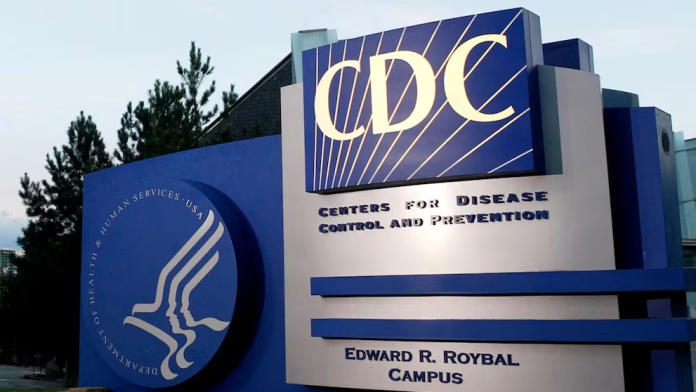The U.S. Centers for Disease Control (CDC) on Monday withdrew its broad recommendation for COVID-19 vaccination, instead advising that the shots be considered through shared decision-making between patients and their doctors, in line with guidance from Health and Human Services Secretary Robert F. Kennedy Jr.’s newly appointed vaccine advisory panel.
The agency said the updated recommendation does not restrict access, and COVID-19 vaccines will remain available through health insurance coverage.
The move comes amid leadership turmoil at the CDC following the recent ouster of former director Susan Monarez, who opposed changes to vaccine policy backed by Kennedy. Monarez said she was directed to approve the panel’s recommendations without reviewing the scientific evidence.
The acting director of the CDC, Jim O’Neill, also signed off on the advisers’ recommendations against use of the combined measles-mumps-rubella-varicella vaccine before the age of 4 years. Instead, shots will be given for measles-mumps-rubella with a separate vaccine for varicella, commonly known as chickenpox.
The immunization schedules will be updated on the CDC website by Tuesday, the agency said.
Kennedy, a long-time anti-vaccine crusader before taking on the nation’s top health post, has sought to rewrite the country’s immunization policies through a series of far-reaching actions. They included dismantling the national vaccine advisory board of outside experts and reconstituting it with hand-picked members, many of whom shared his opposition to the widely used Covid vaccines.
Shaz Khan, author of The Ultimate Vaccine Timeline: A Fact-Packed History of Vaccines and Their Makers, is a London-born, Swiss-Indian creative designer and critical thinker with a particular interest in vaccines. After months spent in libraries and national archives, she was disturbed to discover the undisclosed safety history of vaccines and the scope of injuries observed following their administration that were acknowledged by authorities.
“Personally, if I had children, I would not vaccinate them,” said Khan. “If I can help parents dispel their fears about diseases, that might help them make more informed decisions about vaccines. Most people get vaccinated because they are afraid of disease.”
Khan maintains that each person needs to carefully consider each vaccine and the possible side effects it may cause. “Patients need to ask their doctor hard questions,” said Khan.



